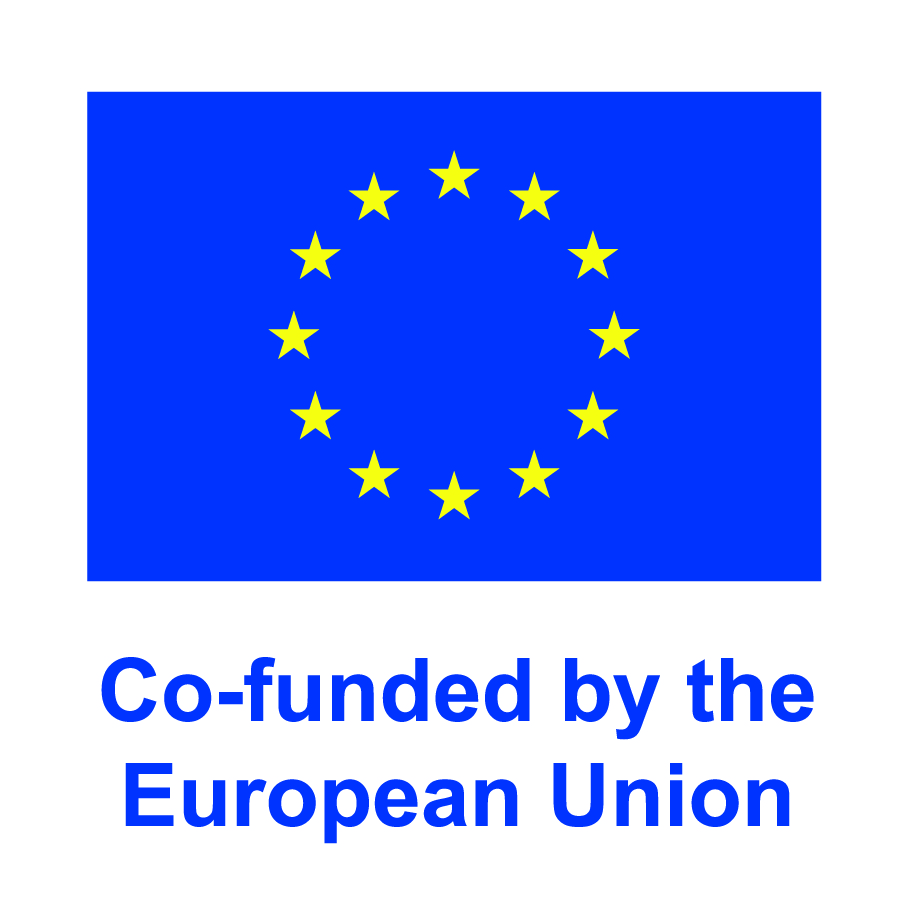Testing group work: 3 lessons learned

As the PISH project enters its final phase, we are preparing to launch an online platform with interactive tools for classroom use. To test selected activities, we invited students and staff for a workshop to discuss the methods’ potential for digitization.
At the KTL, we held 2 practical workshops: 1 in-person and 1 online. We tested two activities called ‘the flags’ and ‘the jolt of reality’. The former is a team-building icebreaker, and the latter highlights the differences between neutral and biased language.
While we collected valuable feedback about the instructions and learning objectives, the participants also illuminated additional benefits of the tested activities. Here are the 3 lessons we would like to share:
Lesson 1: get to know yourself
During icebreaker activities, students have a chance to get to know each other. The aim of the flags exercise is to introduce yourself through a symbol. For the workshop participants, this was an opportunity to reflect about their professional trajectories and priorities. And this can be a surprisingly challenging task! Hence, the activity brought in elements of career guidance or professional development to the table. As many students struggle with finding the right program and career path for themselves, the flags exercise can help students map their own identity. To achieve that goal, the facilitator should encourage post-activity discussion.
Lesson 2: wellbeing check
In the second workshop, we tested a similar icebreaker that did not require drawing. The name of the activity was ‘what fruit are you?’ In addition to getting to know each other, the activity was a good starting point to talk about diversity, as some participants did not like fruits at all. Nevertheless, the activity also created a space to reflect on one’s wellbeing. Understanding your emotions helps to manage day-to-day challenges more efficiently. Also, the activity gave the participants a moment to practise empathy towards each other, and hopefully form more understanding relations in the future.
Lesson 3: let’s talk about it
The other activity, ‘the jolt of reality’, the most obvious solution to the task required touching others. This aspect could prevent students from wanting to participate. However, our workshop proved that a ‘theoretical’ discussion without a practical illustration worked well, too. While some activities may seem to highlight ‘action’, they may not really support the principle of ‘learning by doing’. Knowing when to let students stay in their comfort zones is surely an important skill for the teacher.
The PISH project collects methods that improve intercultural communication and peer learning at higher education institutions. We are particularly interested in problem-based learning and STEM subjects, where group work skills are especially highly valued. In addition to the Karelian Institute, the PISH partnership includes 6 other organizations from Denmark, Germany, Greece, and Italy.
Related article: Do students even like group work? Click here for an answer.
PISH project has received funding from the Erasmus+ KA2 Program. Project no. KA203-2020-013

Erasmus+
